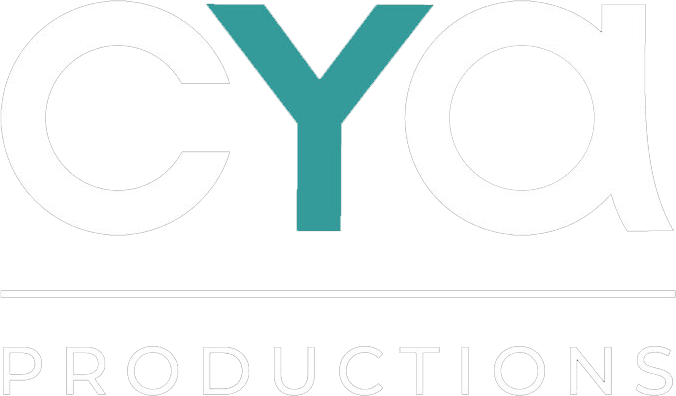Some people think that just anyone can be a Projectionist, however, if that was accurate then our industry wouldn’t have dedicated a whole job title to it.

Projection is a technology that has many parts and pieces and it takes time and work to become an effective Projectionist. You need to understand things that most people never think about when they look at the image on a screen and may seem like knowledge and skills that are weird or unrelated. For example, a skilled Projectionist understands lenses, blending, pixel space and warping just to name a few.
When do you need a Projectionist?
A Video person can be sent a projector, aim it at a screen and just make it work.
When you have more than one projector aimed at a single surface, this is when you really want a Projectionist.
When you get into this level of complexity with your projectors there are many choices that need to be made to ensure the highest quality result and a Projectionist will be able to guide you through them all. For example, the wrong lens could mean the picture size is too small or way too big, it could also mean the image isn’t bright at all.
We’ve been hired, flown in for one day on an event JUST to handle projection mapping and blending. This may seem like a lot of cost, but the production company knew that it was worth the travel expense to have our expertise there, rather than deal with the risk that a video person either not be able to get it exactly right, or that to get it right might cost them many hours of overtime and stress on the work site.
How do you know if they are a good Projectionist?
Be prepared that a good Projectionist is going to have questions about your installation. This is because solid, level installation is required for them to do their job and it’s far cheaper to ‘fix’ problems by focusing on the physical install than it is to try and handle them via the projection software.
A good Projectionist will also understand basic creative concepts, they will be able translate the clients vision so that it is exactly what is seen on the screen. They’ll be able to spot skewed images, warping and other challenges and know how to fix them.
They will also have an engineer’s mind and be able to quickly calculate how many pixels your screen can hold, how many projectors are needed etc. There’s a surprising amount of math in projection.
In short, a good Projectionist will be able to communicate with both analytical and creative people and have experience working on complex projection projects.
